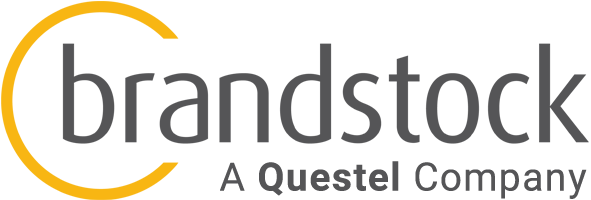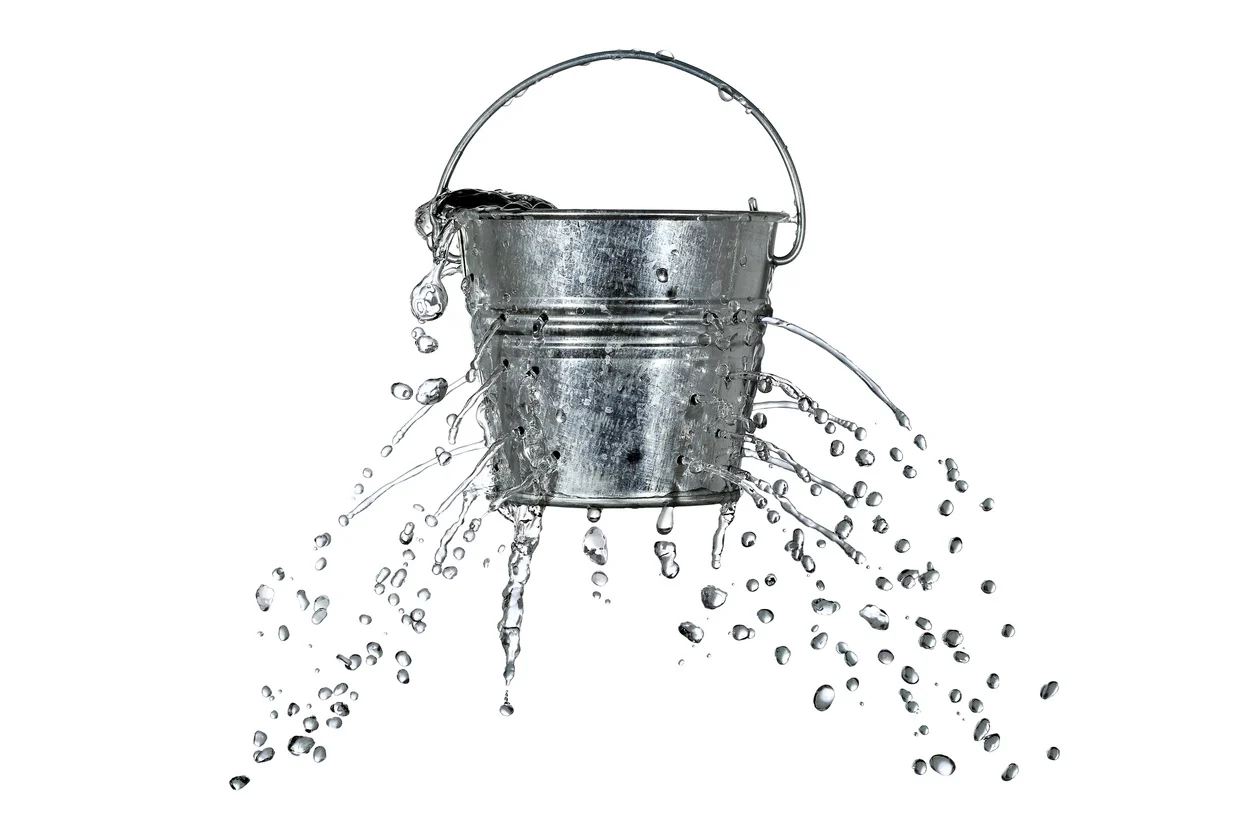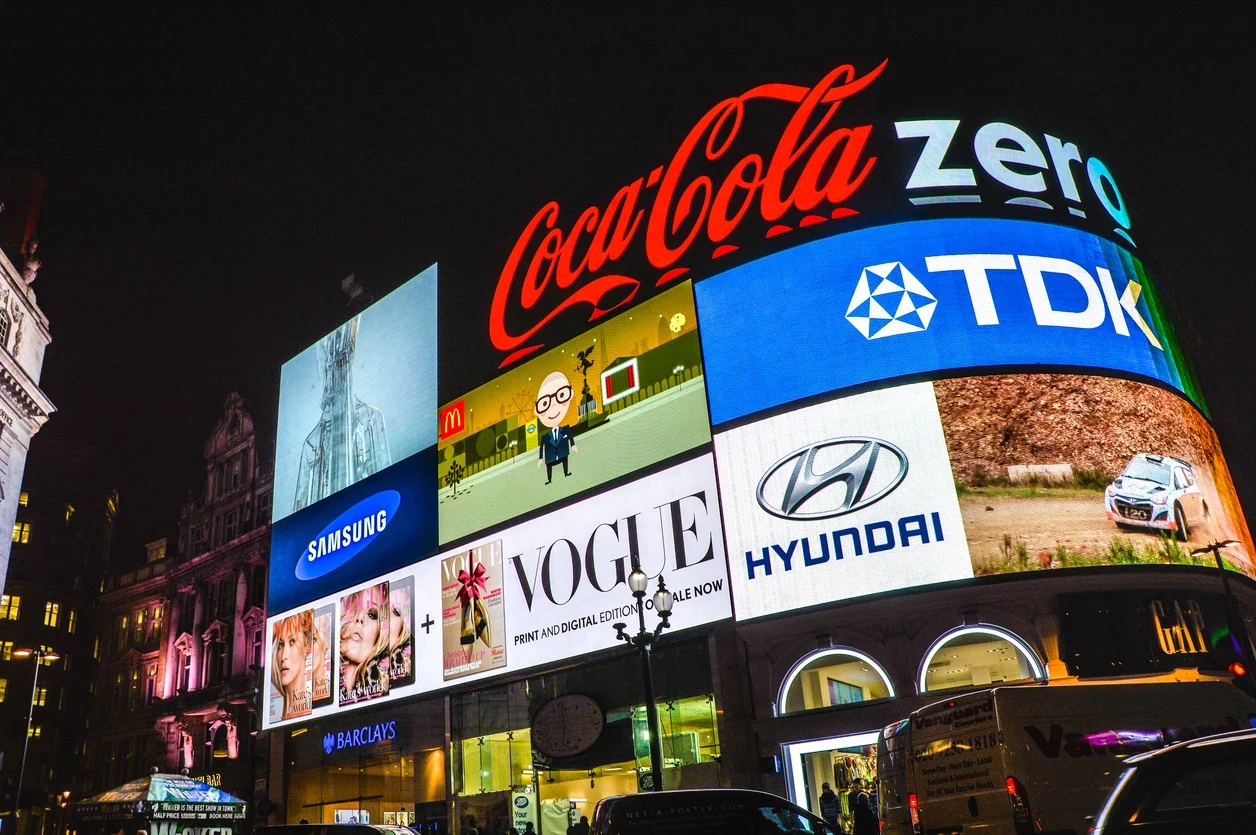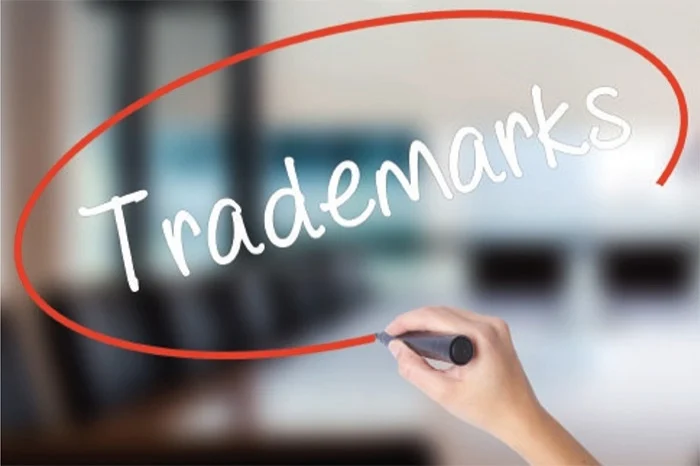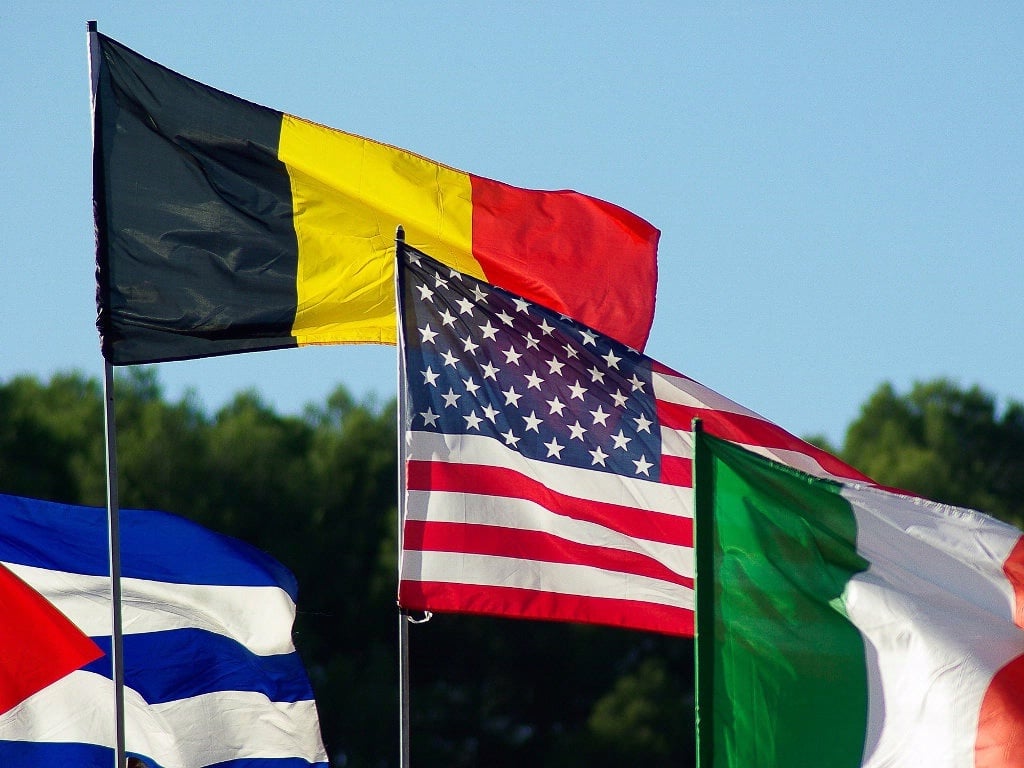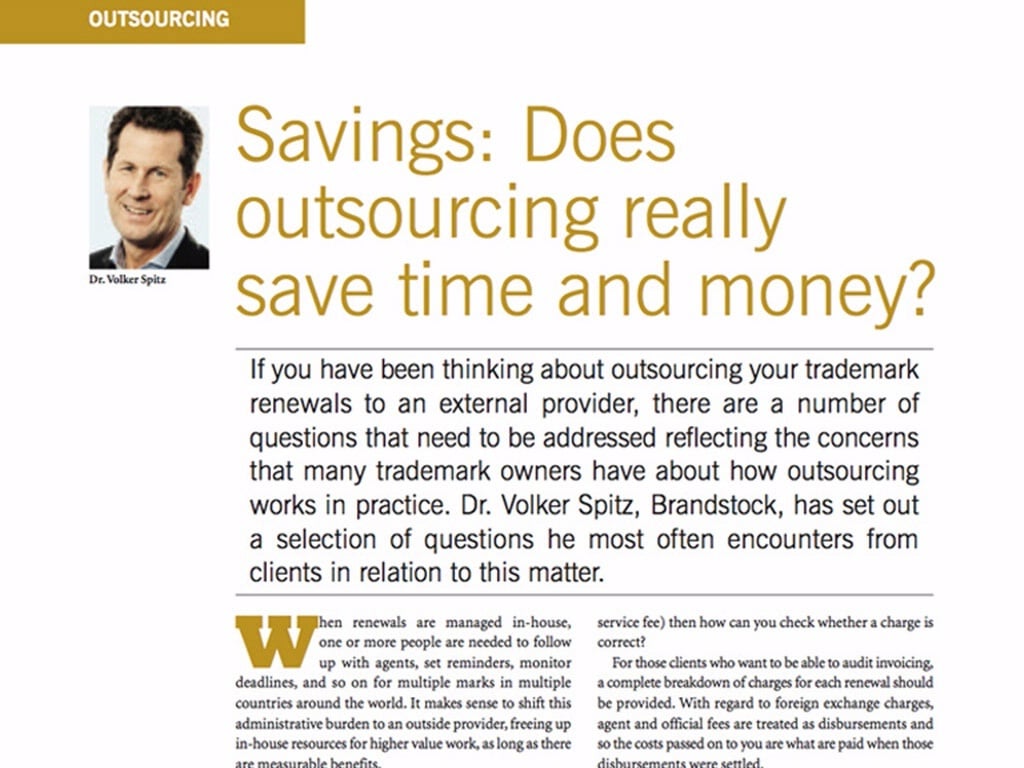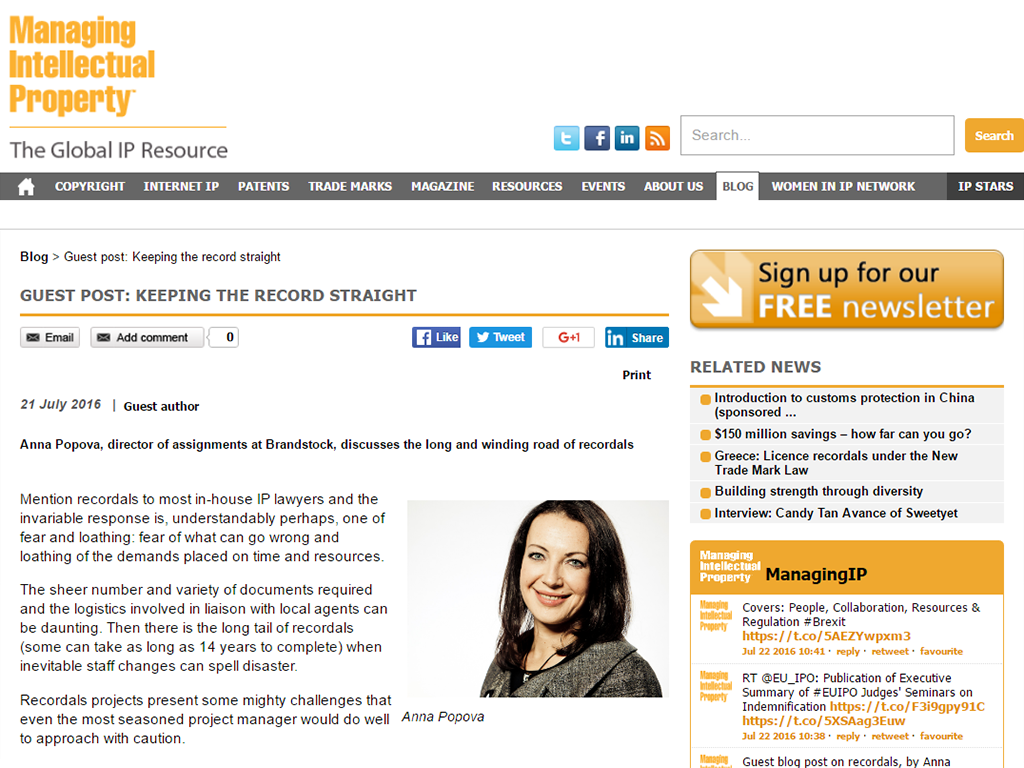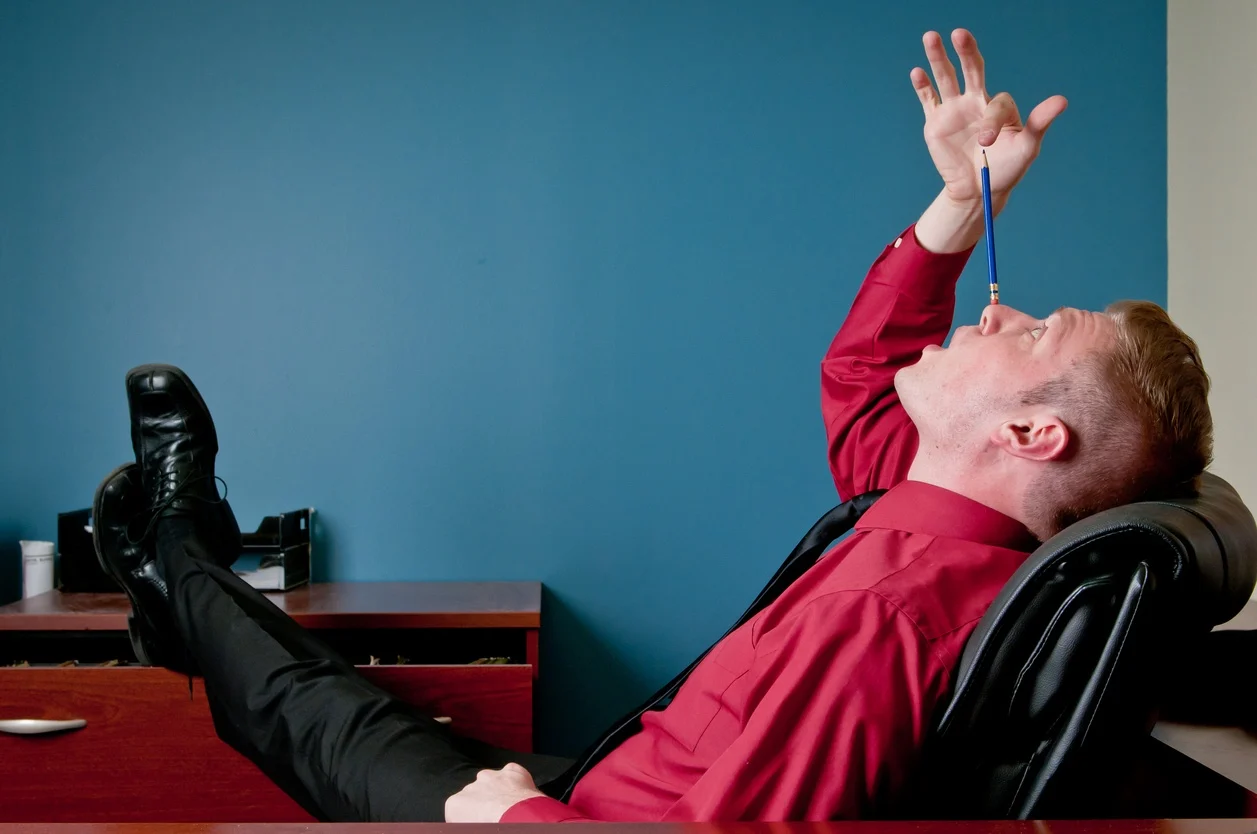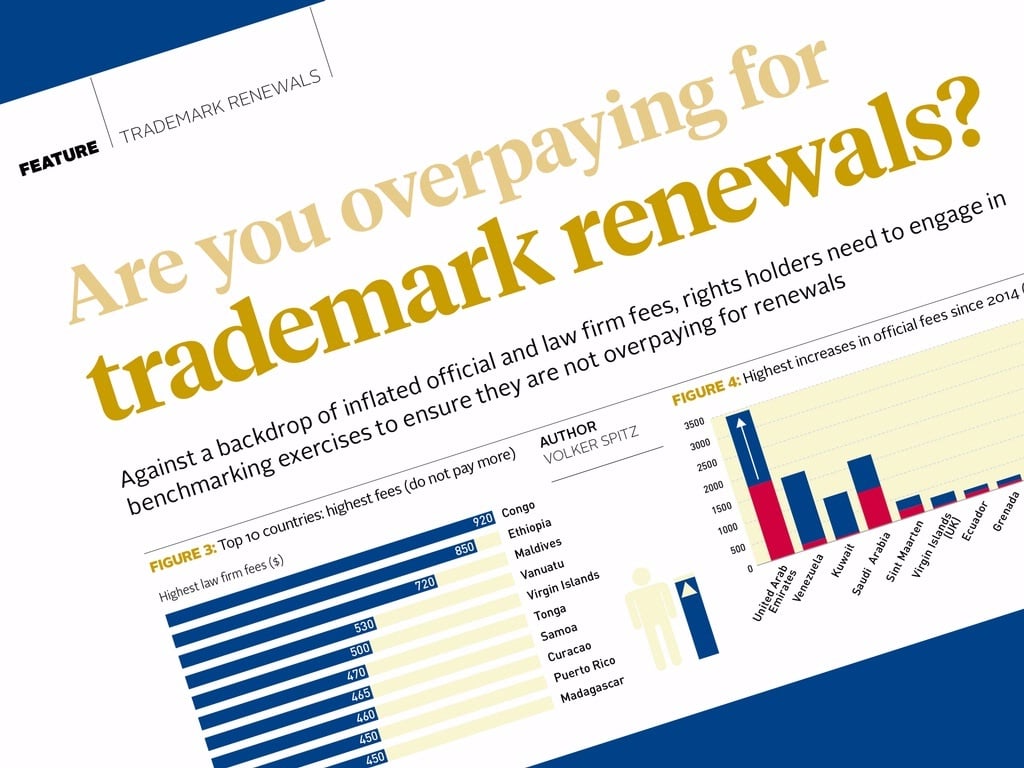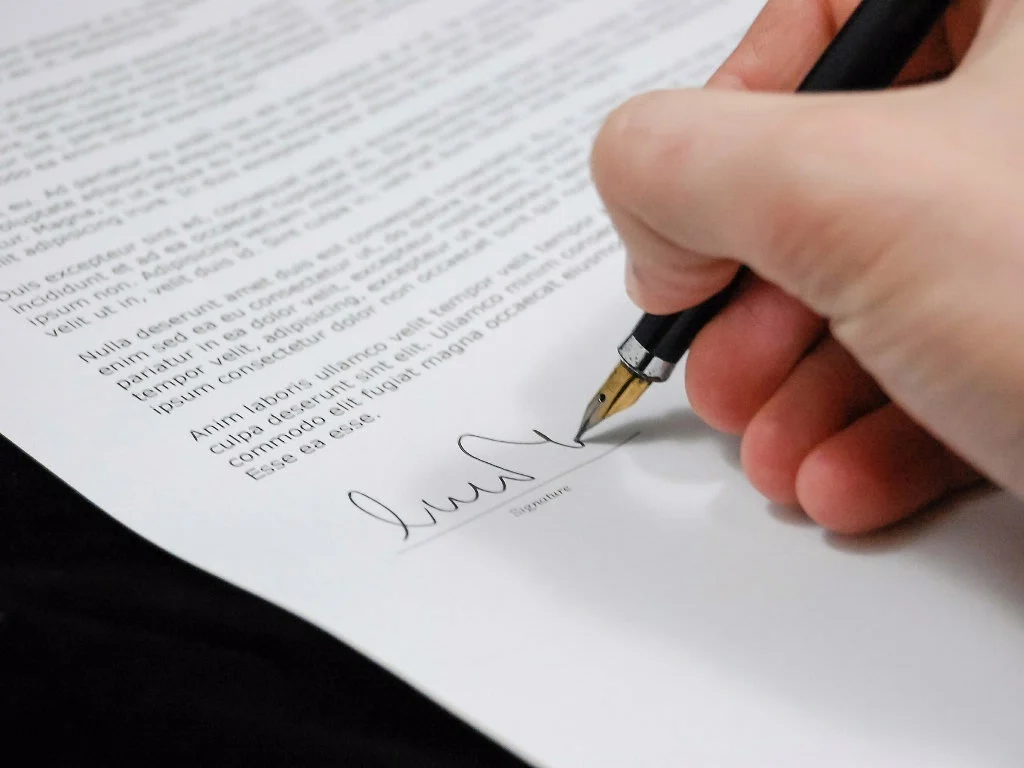The role of in-house legal counsel in brand management
According to an assessment by accountancy firm PwC, intangible assets can account for up to 75% of a company’s value. And brand equity is often the key driver of a company’s success. This has enormous implications for in-house counsel, who should be at the front line of a company’s brand management efforts.
All business areas should have some influence on brand direction, but there are certain types of activity related to the brand that potentially increase risks around it and/or have a more important role in protecting the brand.
In practical terms, much of the value of your brand is rooted in your trademark portfolio, and any brand management strategy must have that at its heart. That means ensuring that you have the right protection in the right jurisdictions to secure your rights. It also means making sure all ownership information is correct, any fees have been paid, and that you have rights to all relevant brands. It might be worth looking at using an external partner to ensure you are on top of this, depending on your in-house resource and the size and vulnerability of your trademark portfolio.
Preparing the annual legal deparment budget is always a struggle?
Find out the best practices!
In-house legal counsel should take the lead on protecting trademarks, while also working closely with other business areas to define and implement brand protection strategies for new and existing products.
This extends to monitoring for potential counterfeiting issues, since clearly one of the major threats to your brand is counterfeit products, and working with customs and online platforms to tackle the distribution and promotion of counterfeit materials.
Related to the trademark work, there should also be a role of in-house counsel in managing the brand externally. Most of the time, that will be through packaging or advertising, and increasingly there’s a strong overlap with your corporate social responsibility efforts.
Assuming, like most businesses, you are both attempting to be more socially and environmentally responsible in your product and packaging, and assuming further that you are trying to make your customers aware of that, in-house legal counsel has a large role to play in guiding that messaging.
With environmental claims come regulatory and legal responsibility in the advertising sphere. In many jurisdictions, and notably in the US, there are limits as to the claims you can make for your product’s environmental credentials if you can’t back them up with evidence. Advertisements that allude to positive environmental credentials may fall foul of regulations unless those credentials are specifically backed up in the advert itself. It’s the difference between saying the clothing you sell is the ‘greenest’ on the market and saying that it’s the greenest on the market because it’s made from 100% recycled fibres, for example.
In-house legal teams should be watchful for any promotional activity that champions social or environmental responsibility, not because you shouldn’t champion those things (you should!), but because getting it wrong and facing enforcement action is likely to be very damaging to your brand equity.
Relatedly, in-house legal teams should be made aware of and have oversight of any advertising campaigns that are comparative. That is, ones in which your product can be compared positively to another. While such campaigns are legal in most jurisdictions, you have to be very careful that any claims you make are demonstrably true, and that any comparison is tied to the specific metric on which you’re claiming to be better.
The other important area in which in-house counsel can support brand management is online, specifically in the social media sphere. For many companies, a social media ‘storm’ is one of the most likely, and hardest, threats to tackle in terms of brand equity, precisely because you are very unlikely to be forewarned of it happening.
While much of the response to a social media issue is likely to come from PR, the legal department has a role to play too, especially if there are legal issues triggering the social media activity. In this instance, the in-house counsel should ensure that they are in the conversation about how to respond to a particular social media problem, ready to give advice and guidance on any legal ramifications of responding, or of not responding, and if appropriate engaging with the specific issue that caused the problem in the first place.
While in-house legal counsel are not solely responsible for protecting a brand, they can bring an enormous amount of value to the wider company strategy.

